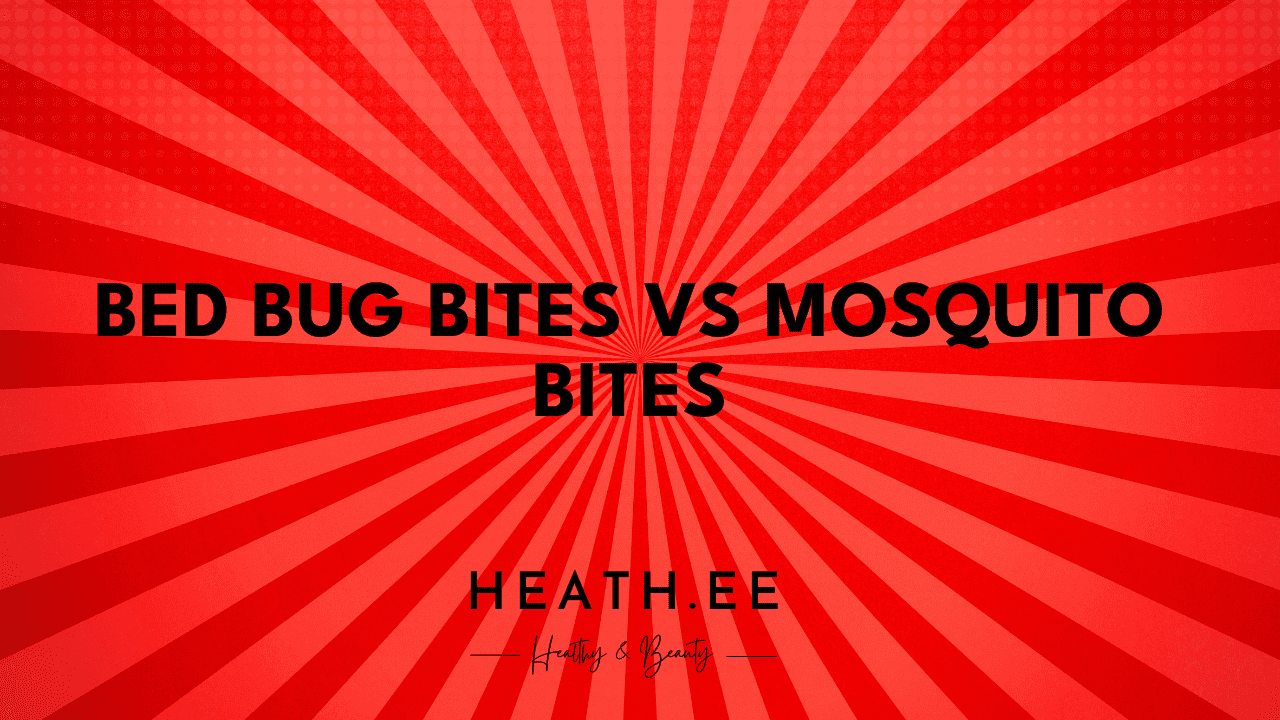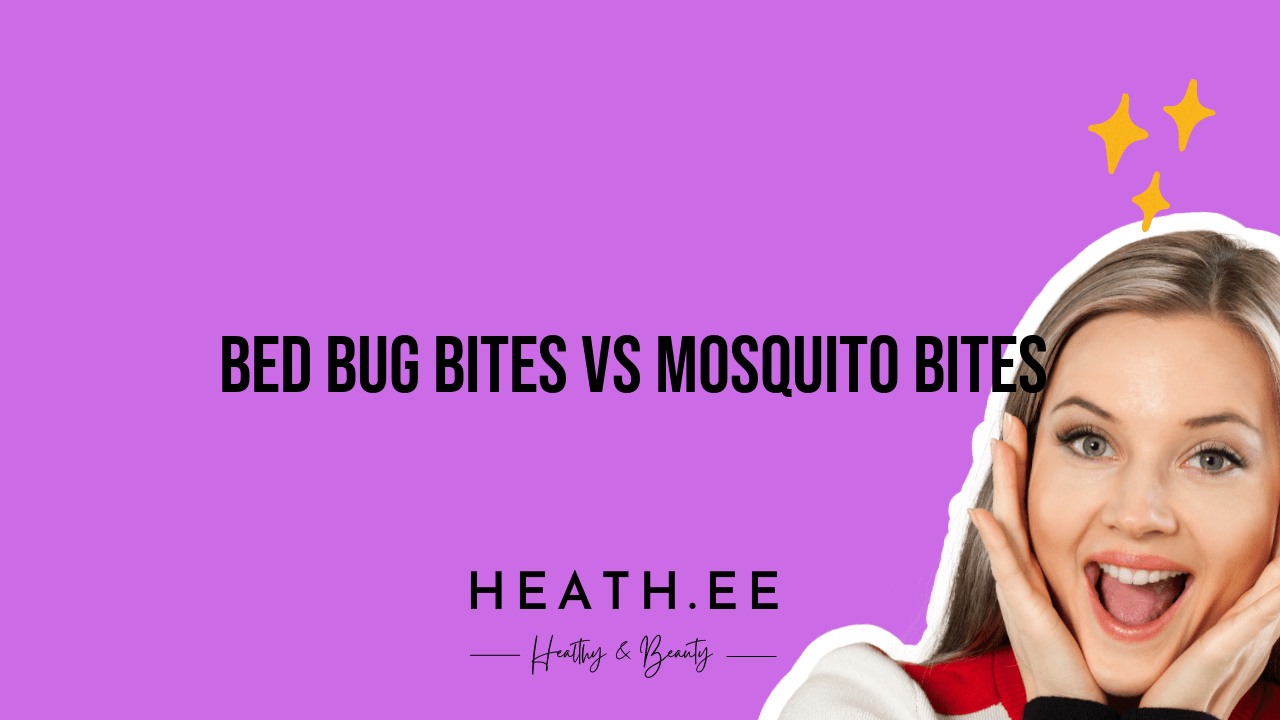When it comes to bug bites, it can be difficult to tell the difference between a bed bug bite and a mosquito bite. While both can cause itchy, irritating bumps, there are some distinct differences between the two that can help you identify which one you may have. In this comprehensive guide, we will look at the differences between bed bug bites and mosquito bites to help you better understand what you may be dealing with.
What are Bed Bug Bites?
Bed bug bites are caused by the common bed bug, which is a small, reddish-brown insect that feeds on human blood. Bed bugs live in mattresses, box springs, bed frames, and other furniture around the bed, making them difficult to eliminate. Bed bug bites typically appear in clusters, usually three in a row, and often cause a burning, itchy sensation.

What are Mosquito Bites?
Mosquito bites are caused by the common mosquito, which is a small, flying insect that feeds on human blood. Mosquitoes live in areas with standing water, such as ponds, lakes, and swamps. Mosquito bites typically appear as a single bump, and often cause a stinging, itchy sensation.
How to Identify Bed Bug Bites
Bed bug bites can be identified by the following characteristics:
- Bed bug bites are typically found in clusters of three or more bites.
- Bed bug bites are often found in areas of exposed skin such as the face, neck, arms, and legs.
- Bed bug bites usually appear as red, raised welts that are itchy and swollen.
- Bed bug bites often cause a burning sensation.

How to Identify Mosquito Bites
Mosquito bites can be identified by the following characteristics:
- Mosquito bites are typically found as a single bite.
- Mosquito bites are often found in areas of exposed skin such as the face, neck, arms, and legs.
- Mosquito bites usually appear as red, raised welts that are itchy and swollen.
- Mosquito bites often cause a stinging sensation.
How to Treat Bed Bug Bites
The best way to treat bed bug bites is to avoid scratching them, as this can cause an infection. Instead, try the following treatments:
- Apply a cold compress or ice pack to the affected area.
- Take an antihistamine to reduce itching and swelling.
- Apply a topical cream or ointment to reduce itching and inflammation.
How to Treat Mosquito Bites
The best way to treat mosquito bites is to avoid scratching them, as this can cause an infection. Instead, try the following treatments:
- Apply a cold compress or ice pack to the affected area.
- Take an antihistamine to reduce itching and swelling.
- Apply a topical cream or ointment to reduce itching and inflammation.
How to Prevent Bed Bug Bites
The best way to prevent bed bug bites is to eliminate the source of the infestation. To do this, you should:
- Vacuum and steam clean mattresses, box springs, bed frames, and other furniture around the bed.
- Use mattress and box spring encasements to prevent bed bugs from entering.
- Use a bed bug interceptor to detect and trap bed bugs.
How to Prevent Mosquito Bites
The best way to prevent mosquito bites is to eliminate standing water, which is where mosquitoes breed. To do this, you should:
- Empty any containers that are collecting water, such as buckets, tires, and flowerpots.
- Change the water in birdbaths and pet dishes at least once a week.
- Remove any standing water from your yard, such as puddles or pools.
Conclusion
Bed bug bites and mosquito bites can both cause itchy, irritating bumps, but there are some distinct differences between the two that can help you identify which one you may have. By understanding the differences between bed bug bites and mosquito bites, you can better treat and prevent them.



